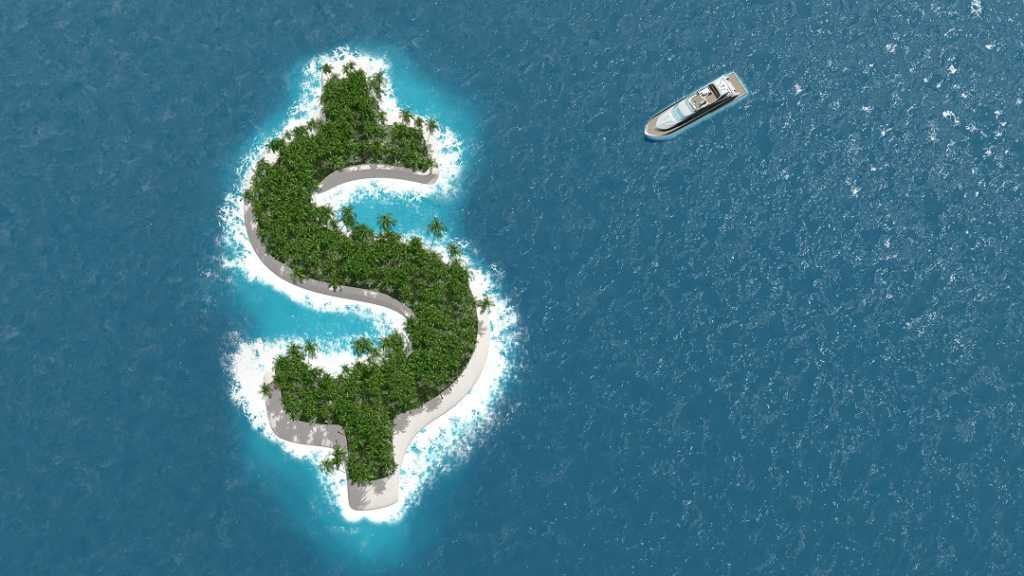How sanctions against Russia can put a dent in tax havens

Check out the article Giovanna Marcolongo (Postdoctoral fellow at CLEAN) wrote for Il Sole24Ore, the main Italian business newspaper.
Since the article is in Italian, we provide a translation here:
According to some estimates, Russian wealth held abroad is equal to that held by the entire nation within its borders. Two countries: one domiciled between London, Switzerland, New York and Cyprus; the other squeezed between Moscow and St. Petersburg. Wealth concentrated in the hands of the ultra-rich few in the first; the savings of an entire population in the second. Accounts expressed in foreign currency, sheltered from the risk of devaluation for the former, bank statements with values expressed in roubles for the latter.
As the Panama Papers and Pandora Papers investigations have revealed, the names of Russian kleptocrats often recur in the client lists of firms specialised in setting up offshore companies. Matryoshkas lend themselves well to representing the method by which wealth is dispersed in tax havens: a series of vehicle companies, each owning the other. Each 'doll', a layer of secrecy, with the sole aim of making it difficult to identify the owner of the money deposited in the last.
Over time, in addition to the Caribbean islands, major international capitals have also become destinations for illicit funds. On both sides of the Atlantic, there has been no shortage of programmes offering a residence permit for large investments. Since the 1990s, London has become a magnet for rich Russians to the point of earning the pseudonyms 'Moscow on the Thames' and 'Londongrad'. Foreign capital, initially invested in luxury real estate, has over time financed universities, football clubs and political parties.
Faced with such huge money flows, applying transparency principles to identify the source of the funds created a conflict of interest. Initiating investigations could have stopped the inflow of funds and slowed down the rise in property values. Rules, when they existed, were implemented slowly.
Today, the sanctions against Russian oligarchs show that something is changing. For the first time, secretive countries like Monaco, the Cayman Islands and Switzerland support the sanctions. The EU Commission, the United Kingdom, the United States, Canada, France, Germany and Italy have created a transatlantic task force to trace illicit funds and identify those who intend to evade sanctions by concealing their identity.
Yet the question remains: will the transatlantic task force be effective in winning the fight against illicit funds? Those who commit financial crimes exploit the global scale of the financial system. Therefore, the fight will only be effective if, in turn, it acquires a global scale. The success of the task force will depend on the involvement of as many countries as possible and the sharing of information between the respective financial intelligence units.
Sanctions against Russia will only take effect if all possibilities to circumvent them are excluded. Since the beginning of the month, the yachts and planes of Russian tycoons have intensified their routes to the Arab Emirates, where questions about the origin of funds are rarely asked and secrecy is safeguarded. One example: anyone wishing to use the registers of beneficial owners to identify the owners of the companies present would have to compare no less than 39 different ones. Add to this the fact that the Emirates themselves have promised Russia that they will only apply the sanctions ordered by the UN. An immense favour, considering Moscow's veto right over them.
The war in Ukraine is leading to unprecedented developments in the fight against illicit funds. Russian oligarchs, thanks to offshore companies, protect themselves from the devaluation of the rouble while the common population suffers the consequences of economic sanctions. All this only widens internal inequalities, not to mention the fact that it is precisely tax havens that take away revenue from the tax authorities that could have financed schools and public hospitals. Because greater transparency in the movement of capital, even before determining geopolitical balances, serves to safeguard the values of democracy.